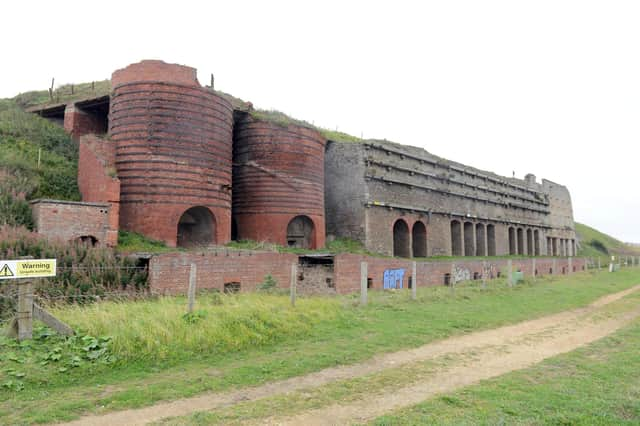Historic England criticises councillor's call to destroy 'nationally important heritage site' of Marsden lime kilns to make way for Coast Road


But Historic England the public body that looks after England's historic environment, has stressed the lime kilns are a nationally important heritage site and said granting permission for demolishing such a structure would be ‘unusual’.
Advertisement
Hide AdAdvertisement
Hide Ad“The bank of lime kilns at Marsden are a rare survival of the once very prolific lime industry of Durham in the North East in the 19th century,” a spokesperson for the agency said.
“They are protected as a scheduled monument and are of great public interest as a reminder of the industrial might for which the region is famous.
"Significant repair and consolidation works were undertaken between 2014 and 2016 and as a result, the kilns are no longer on Historic England’s Heritage at Risk Register.
"We have not been consulted on any plans for demolition of the Marsden lime kilns. It would be very unusual for permission to be given for the loss of this kind of nationally important heritage site.”
Advertisement
Hide AdAdvertisement
Hide AdHistoric England said the kilns were in use from the 1870s to the 1960s and the lime produced was primarily used in the Consett Steelworks Co. Durham.
Coal was used to fuel the kilns and was sourced locally from Whitburn Colliery.
Cllr Hobson’s remarks came as South Tyneside Council’s Riverside Community Area Forum (CAF) met to discuss plans for moving the Coast Road inland to protect the route from coastal erosion. Highways chiefs hope the realignment will give the route another 50 years.
Cllr Hobson suggested removing the lime kilns would allow the road even more life by bringing it even further inland.
Advertisement
Hide AdAdvertisement
Hide AdCouncil project manager Ian Guard told the committee the area adjacent to the lime kilns is “actually not as susceptible to coastal erosion”.
A planning application for the Coast Road project, not including demolishing the lime kilns, is expected to be submitted in the summer, with construction starting in 2022.